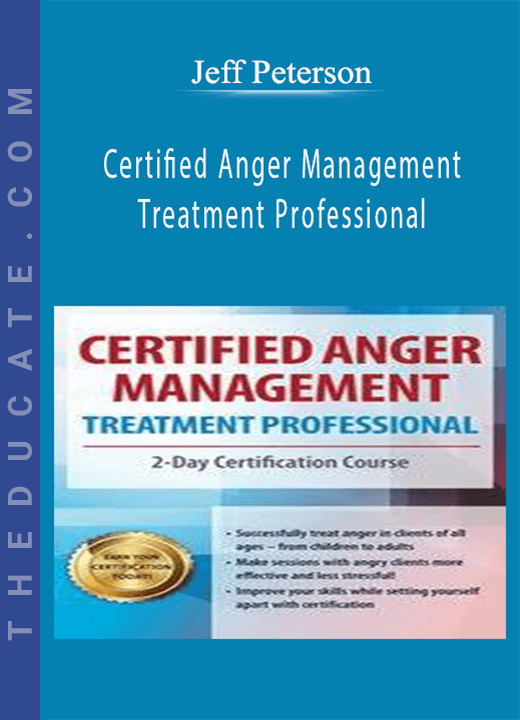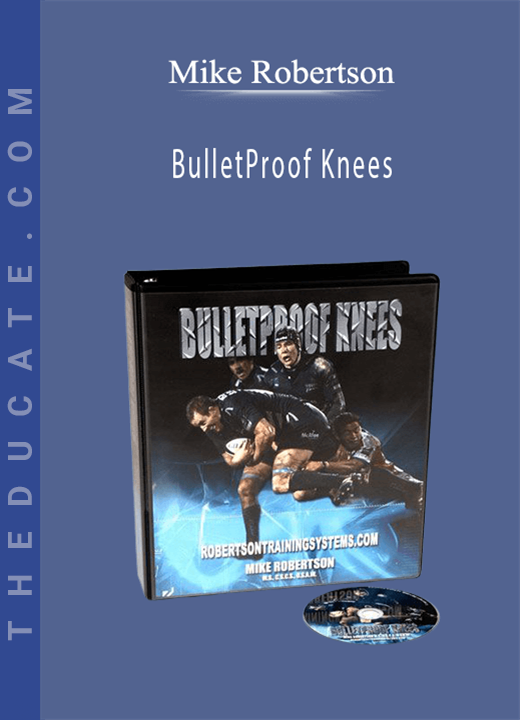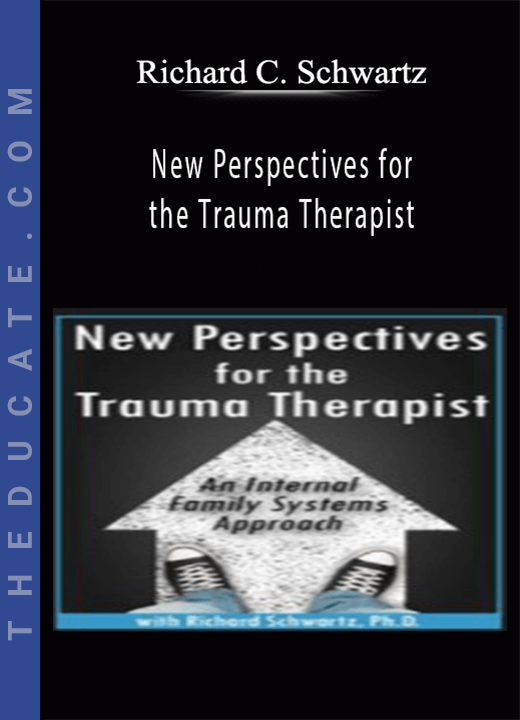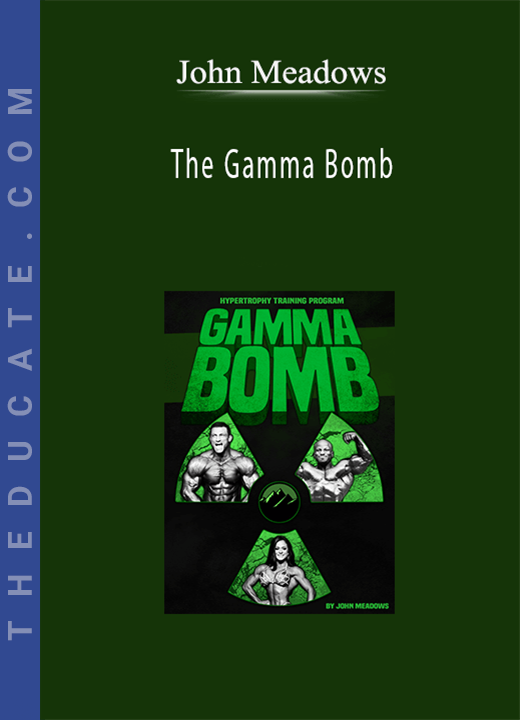Description

Certified Anger Management Treatment Professional: 2-Day Certification Course – Jeff Peterson
Working with angry clients can make sessions uncomfortable, stressful and anxiety inducing.
But all clinicians will encounter anger, whether it’s the focus of your practice, or something that arises as you help clients with trauma, anxiety, depression, shame, addiction and other issues.
This Certification Course recording will give you the skills and clinical tools you need to confidently and effectively work with angry clients and fundamentally change their destructive relationship with anger.
Watch and get proven strategies that derail anger in the moment, challenge dysfunctional thoughts, and help clients let go of anger rooted in the past. You’ll also get detailed guidance on how to teach your clients the skills they need to constructively communicate anger without the outbursts that damage their most important relationships, jeopardize their careers, and put their health at risk.
Better still, you’ll leave this Certification Course recording having met the full educational requirements to become a Certified Anger Management Treatment Professional (AMTP), setting yourself apart from others in your field, and letting those you work with know that you’ve invested the time and effort necessary to provide treatment at the highest level!
Become a Certified Anger Management Treatment Professional through the IATP (www.traumapro.net).
Three steps to becoming a Certified Anger Management Treatment Professional (AMTP):
- Complete this training recording
- Pay the $99.99 certification charge at the IATP website (www.traumapro.net)
- Submit CEU Certificate from Step 1 and Professional License to [email protected].
- Explore the neurobiology of anger and identify the brain regions involved in processing anger.
- Delineate the phases of the anger cycle and communicate how this informs clinical practice.
- Evaluate current trends in managing anger in substance abuse treatment.
- Establish the connection between anger, violence and abuse.
- Characterize how clients’ can be taught to identify triggers so they can choose an appropriate response strategy.
- Engage reluctant and treatment-resistant clients with in-session mindfulness-based strategies.
- Manage responses to dysfunctional thoughts and judgmental beliefs with skills that effectively intervene in these processes.
- Reduce the body’s anger response with mindfulness training and diaphragmatic breathing techniques that diminish the body’s fight-or-flight response.
- Teach clients how to communicate anger constructively with assertiveness techniques.
- Increase clients’ emotional vocabulary to help them handle conflict without aggression.
- Conduct a cost-benefit analysis intervention to demonstrate the impact of “old anger” on clients’ lives.
- Employ clinical strategies that help avoid automatic defensiveness in clients and allow you to work safely with aggressive personalities.
The Neuroscience of the Angry Brain
- Anger systems in the brain
- The fight-flight-freeze response of anger
- Connections between the frontal and temporoparietal region
- How breathing affects the survival brain
- Why fighting/hiding anger doesn’t work
Anger and Co-Occurring Disorders: Trauma, Addiction, Depression and More
- The relationship between anger and addiction
- Intermittent Explosive Disorder
- ODD
- Bipolar Disorder
- When anxiety presents as anger
- The role of anger in depression
- Anger after trauma
Shame, Fear, Guilt and the Underlying Causes of Anger
- Avoidance, shame, fear and guilt
- The connection between anger and grief
- The cycle of anger
- How anger styles inform your clinical approach
- Masked anger
- Explosive anger
- Chronic anger
- Passive aggressive
The Intersection of Anger and Abuse
- Assessment of violence potential
- Is domestic abuse an anger management problem?
- Controlling others
Case Conceptualization and Treatment Planning
- Create a safe therapeutic environment
- Build emotional vocabulary
- Establish short-term and long-term goals
- Strategies for working with groups
Teach Clients to Identify Anger Triggers
- How to use anger logs with clients
- Monitoring physiological sensations of anger
- Identify words and actions that escalate
- Practical goals and commitment to change
- Assessing for client strengths
Mindfulness and Relaxation Techniques To Derail Anger in the Moment
- Reset anger with breath work
- Progressive muscle relaxation techniques to maintain control
- Mindful anger techniques and choice awareness
- Guided imagery to put clients in charge of anger
- The Lifesaver Technique
Cognitive Approaches to Challenge the Dysfunctional Thoughts Behind Anger
- CBT exercises to reduce negative self-talk
- Cognitive restructuring and defusion from judgmental thoughts
- Problem-solving and hypothetical situation training
- Creative thought stopping tools for emotional regulation
- Distraction and disengagement strategies
Therapeutic Strategies to Release Old Anger and Lingering Resentments
- Anger and identity
- The cost of avoidance
- Why forgiveness (and self-forgiveness) is never easy
- Prerequisites to letting go of the past
- Conduct a cost-benefit analysis intervention
- Forgiveness interventions to “turn off” resentment
Teach Clients to Constructively Communicate Anger
- Assertiveness training techniques
- Communicate anger effectively with “I” statements
- The active role of acceptance
- Mindfully respond to anger in interpersonal relationships
- Defuse anger with humor and other conflict resolution strategies
Anger Management Strategies for Kids and Adolescents
- How anger escalates in kids
- Normalizing anger as a healthy emotion
- Communication skills to alleviate frustration
- Coping skills for stress and anxiety
- Feelings thermometer – connect feelings to coping skills
Anger Management for Relationships
- When mundane resentments spiral out of control
- Interventions to overcome the blame habit
- Teach clients active listening skills
- Strategies to build emotional intelligence in couples
Risks and Limitations of Anger Management Therapy







6 reviews for Certified Anger Management Treatment Professional: 2-Day Certification Course – Jeff Peterson
There are no reviews yet.